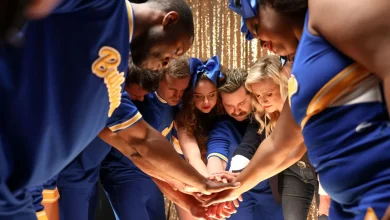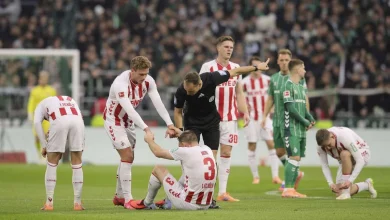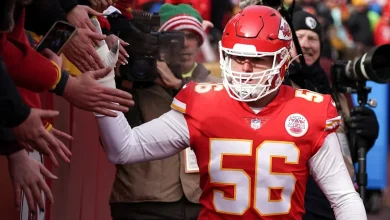Trends-US
Forrest Frank to bring “The Jesus Generation Tour” to Simmons Bank Arena in June

NORTH LITTLE ROCK, Ark. (KATV) — Grammy-nominated artist Forrest Frank is coming to Simmons Bank Arena.
The Christian music singer is coming to Arkansas as part of his “The Jesus Generation Tour.”
He is set to hit the big stage at 7 p.m. on Jun. 2, 2026.
Frank will be joined by special guests Tori Kelly, Cory Asbury and The Figs.
CLICK HERE for more information.





